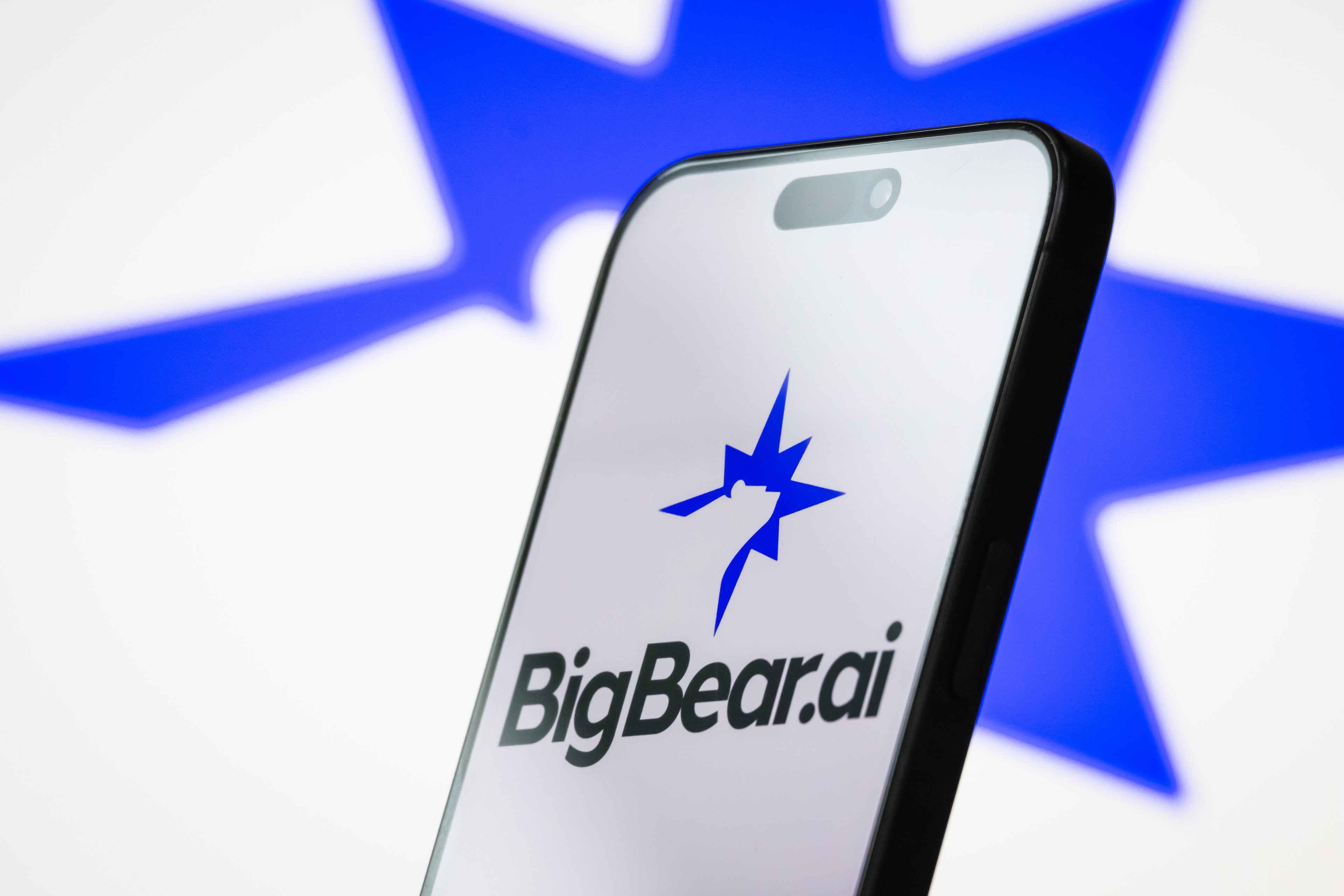Artificial intelligence (AI) promises to be one of the most transformative technologies in human history, and certain Wall Street analysts think Palantir Technologies (PLTR 3.47%) and AppLovin (APP 16.89%) are particularly well positioned to benefit.
- Dan Ives at Wedbush Securities says Palantir will be $1 trillion company in two or three years. That implies 184% upside from its current market value of $352 billion.
- Brian Nowak at Morgan Stanley recently increased his 12-month bull-case target price on AppLovin to $700 per share. That implies 100% upside from its current share price of $350.
Here's what investors should know about Palantir and AppLovin.

Image source: Getty Images.
Palantir Technologies: 184% implied upside
Palantir develops data analytics software that lets customers integrate, secure, and make sense of complex information. Its adjacent artificial intelligence platform, AIP, functions as a large language model orchestration tool that supports the automation of data analytics workflows with generative AI. Forrester Research recently ranked Palantir as a leader in AI platforms.
Importantly, Palantir's platforms create a feedback loop that not only optimizes decision-making, but also identifies increasingly relevant insights over time. The company says its ontology-based software -- which links data to real-world assets -- is unique in its ability to operationalize AI. Put differently, Palantir can move AI prototypes into production more effectively than its competitors.
Palantir reported strong first-quarter financial results. Revenue rose 39% to $884 million, the seventh straight acceleration, due to particularly strong momentum among U.S. commercial and government customers. Non-GAAP (generally accepted accounting principles) earnings increased 62% to $0.13 per diluted share. Management also raised full-year guidance, such that revenue is forecast to increase 36% in 2025.
Unfortunately, Palantir trades at a shockingly rich 325 times adjusted earnings. That looks particularly absurd for a company whose adjusted earnings are forecast to increase at 30% annually through 2026. While Palantir could be a $1 trillion company in the future, I doubt it will reach that milestone in two or three years. Investors should wait for a better entry point before buying shares.

NASDAQ: APP
Key Data Points
AppLovin: 100% implied upside
AppLovin is an adtech company that has traditionally helped game developers market, monetize, and analyze their applications. But the company has more recently expanded its addressable market by introducing adtech software for e-commerce brands. Importantly, AppLovin has differentiated itself with what Morgan Stanley calls a "best-in-class machine learning ad engine."
To elaborate, AppLovin's recommendation engine (called Axon) leans on sophisticated AI models to match advertiser demand with the most appropriate publisher supply through auctions, thereby helping brands maximize return on ad spend. It benefits from a network effect. As more companies use Axon, AppLovin collects more data that further enhances the capabilities of its targeting engine.
AppLovin reported encouraging first-quarter financial results. Revenue surged 40% to $1.4 billion, as strong momentum in the advertising segment offset a sales decline in the mobile games segment. Meanwhile, GAAP earnings increased 149% to $1.67 per diluted share. The company guided for 69% advertising sales growth in the second quarter.
Importantly, while AppLovin has traditionally been a managed service, the company is now testing a self-service platform that affords brands greater control. CEO Adam Foroughi told analysts: "It will take a few quarters to refine these tools for broader release. But when we launch self-service globally, we expect it to unlock a massive opportunity."
Wall Street expects AppLovin's earnings to grow at 55% annually through 2026. That makes the current valuation of 64 times earnings look reasonable. It is possible for the stock to return 100% in the next year, as Morgan Stanley projects in its bull-case scenario, but patient investors should feel comfortable owning the stock even if that doesn't happen.






